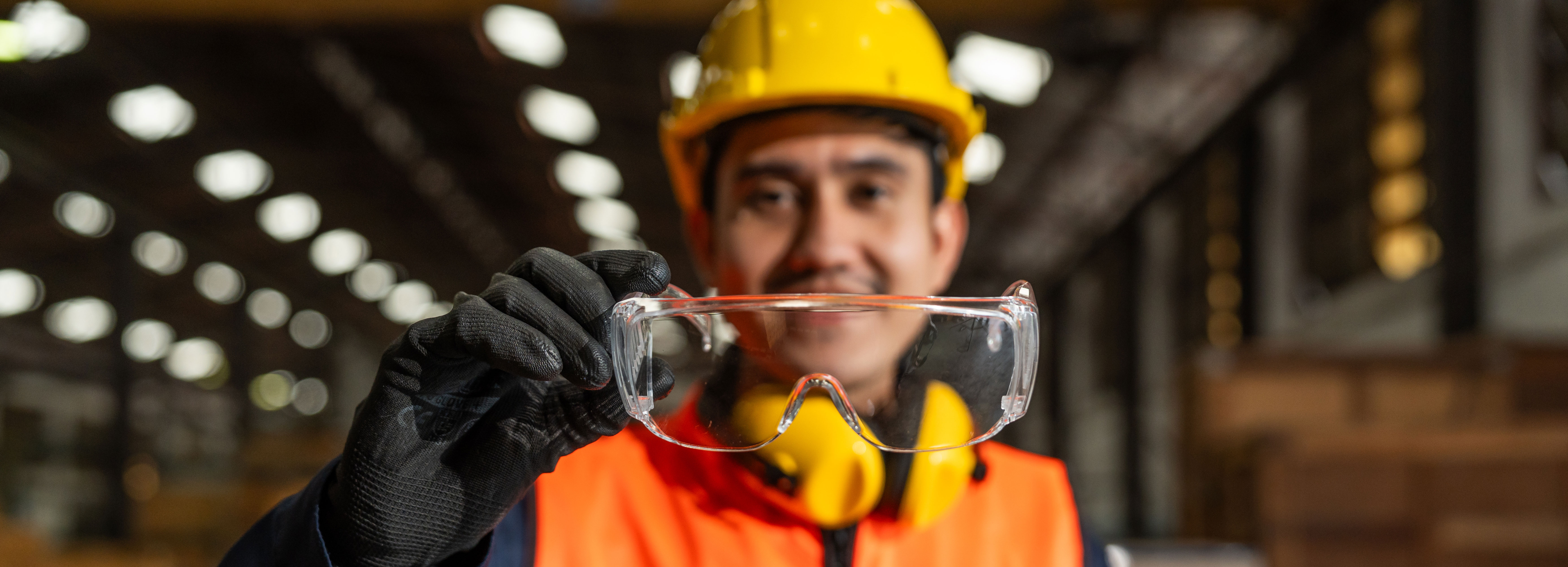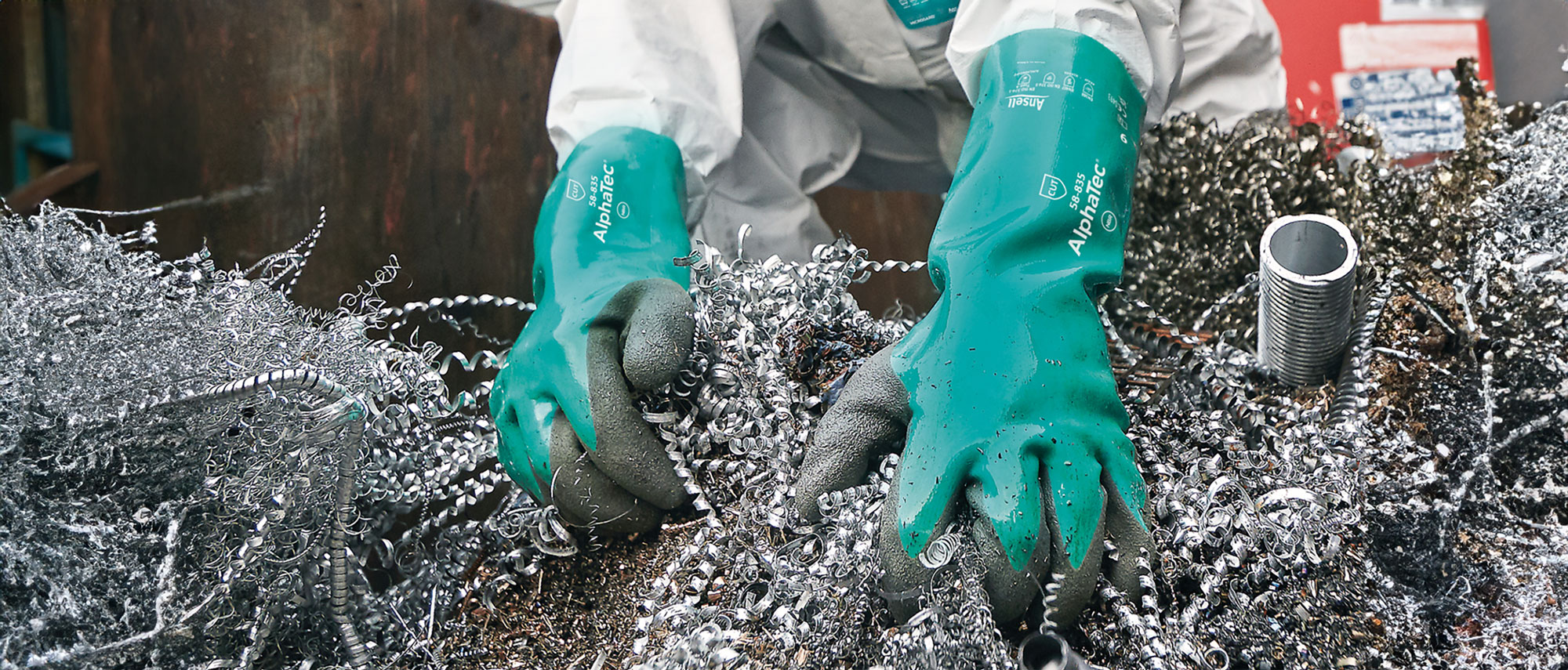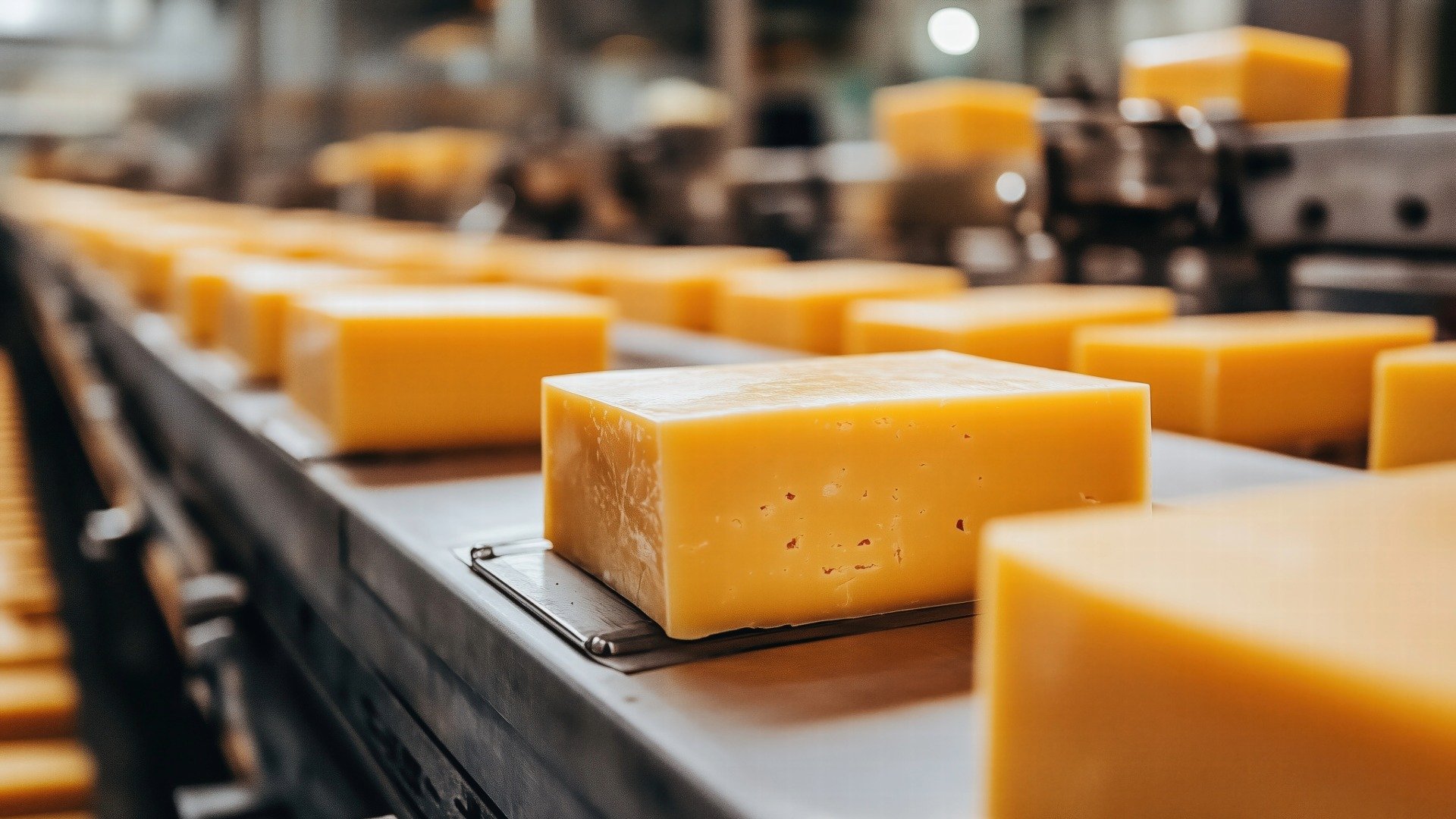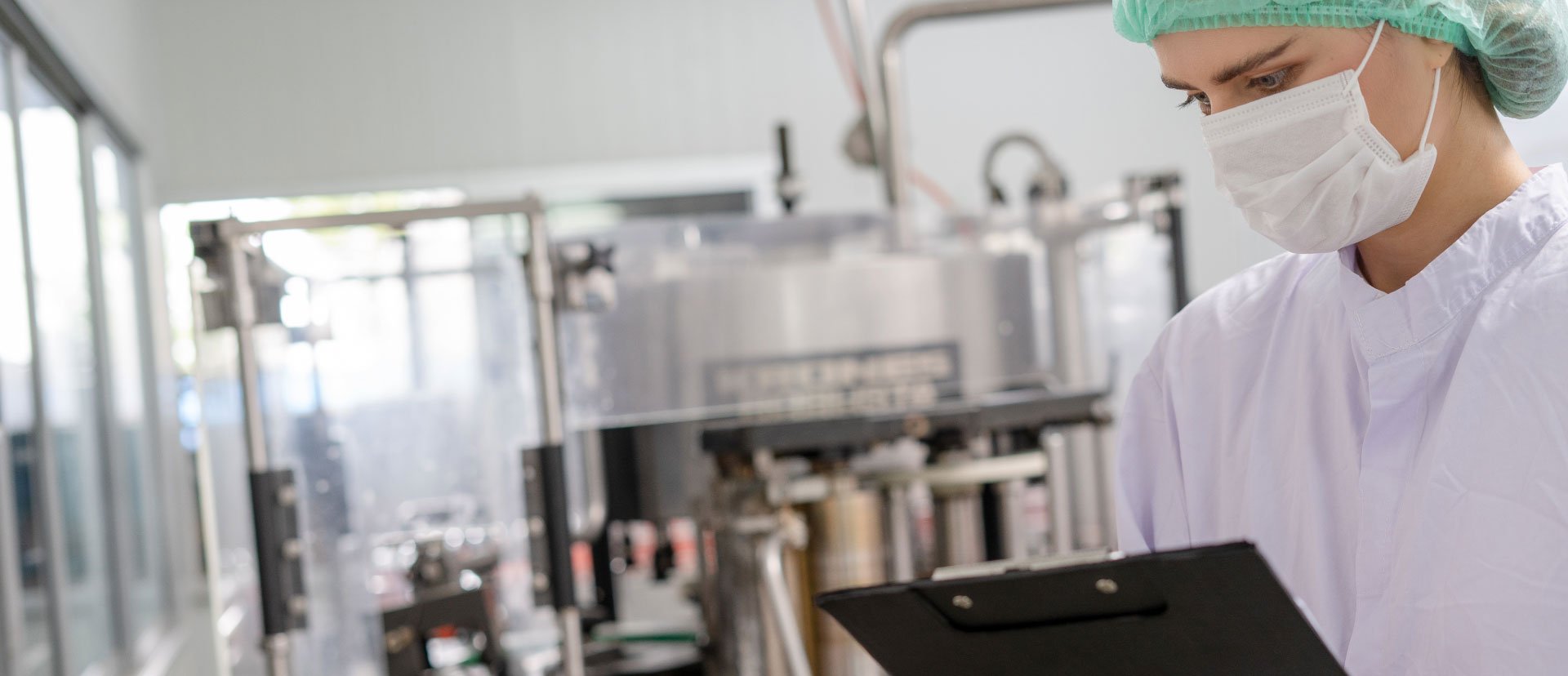As a plant manager in food manufacturing, balancing productivity with the importance of employee safety and food quality is a constant challenge. At Nelson-Jameson, we understand that safeguarding your team is a top priority. Eye protection, often overlooked, is critical in environments with dust, potential for chemical splashes, or flying debris. Ensuring clear vision for your team is non-negotiable.
That’s why Nelson-Jameson offers a comprehensive range of Personal Protective Equipment (PPE) and safety products, including high-quality safety glasses from MCR Safety that will fit the needs of your facility.
The evolving landscape of eye protection
Gone are the days of basic, cumbersome eyewear. Today, safety glass technology has revolutionized eye protection, offering advanced features that go beyond simple impact protection. These innovations directly address common workforce challenges by improving visibility, reducing distractions, and ultimately preventing accidents and injuries. Let's explore these advanced technologies crucial for modern food manufacturing environments.
Key technologies for food manufacturers
-
Superior Scratch Resistance: Maintaining uninterrupted vision
A small scratch on a safety lens, while seemingly minor, can drastically reduce visibility, create a visual distraction, and potentially lead to severe accidents. For your team, whose tasks often require precision, clear vision is paramount. That’s why advanced scratch-resistant coatings are so vital—such as MCR Safety’s MAX3™ technology, which offers three times greater scratch resistance for long-lasting clarity. These coatings significantly enhance the durability of safety glasses, ensuring lenses remain clear and functional even in demanding conditions. In a 2013 eyewear survey, 59% of respondents highlighted scratch resistance as the second most crucial factor when choosing safety glasses.
-
Advanced Anti-Fog Technology: Defeating the haze
Fogging is arguably the most frustrating issue for workers relying on protective eyewear, and it's particularly prevalent in food manufacturing, where temperature fluctuations and the use of masks or respirators are common. Whether moving from a refrigerated area to a warmer processing room or wearing a mask for extended periods, fogged lenses severely hinder visibility, cause productivity loss, and pose significant safety risks. In that same 2013 survey, 60% of individuals listed fogging as their number one buying decision when selecting safety glasses.
Modern anti-fog technologies are transformative. Unlike temporary anti-fog wipes that require frequent reapplication, MCR Safety’s UV-AF™ and MAX6™ anti-fog coatings are integrated directly into the lens during manufacturing, providing long-lasting clarity. Originally developed from NASA technology used on space suit visors, UV-AF offers up to three times the anti-fog performance of standard coatings, while MAX6 delivers up to six times greater performance—clearing fog in seconds rather than minutes. This ensures a continuous, clear vision, keeping your team safe and productive.
-
The Dual Advantage: Scratch and fog-resistant lenses
For the ultimate protection in a dynamic food production environment, some safety glasses combine both advanced scratch resistance and superior anti-fog technologies. MCR Safety’s MAX3 scratch-resistant and MAX6 anti-fog coatings—also combined in MAX36™ dual-coated lenses—deliver the highest levels of clarity and durability for food-plant conditions. These "dual-coated" lenses offer protection against physical damage on the exterior while preventing fogging on the interior, ensuring uninterrupted clarity. This combination is ideal for facilities where workers face both potential impacts and frequent changes in temperature or humidity, providing robust durability without compromising visibility.
-
Polarized Lenses: Reducing glare for enhanced safety
While often associated with outdoor use, polarized safety glasses offer distinct advantages within a food manufacturing facility, especially in areas with reflective surfaces or bright lighting. Polarized lenses work by filtering out horizontal light waves that cause glare, significantly improving visual comfort and reducing eye strain. This means less distracting reflections from stainless steel equipment, wet floors, or large windows, allowing your team to see potential hazards more clearly and perform tasks with greater precision.

Nelson-Jameson & MCR Safety: Your partners in helping protect employees
At Nelson-Jameson, we deliver solutions, not just products. We understand the unique challenges of food manufacturing and are dedicated to helping you create a safer, more compliant workplace. We can assist you in selecting the right MCR Safety glasses and other PPE for your specific plant needs. Our expert-curated programs include comprehensive resources such as audits, assessments, training, and literature to support your quality and safety initiatives.
Related: Check out our Safety & PPE buyer's guide here!
Schineen Wilkinson
Product Manager - Safety Products




